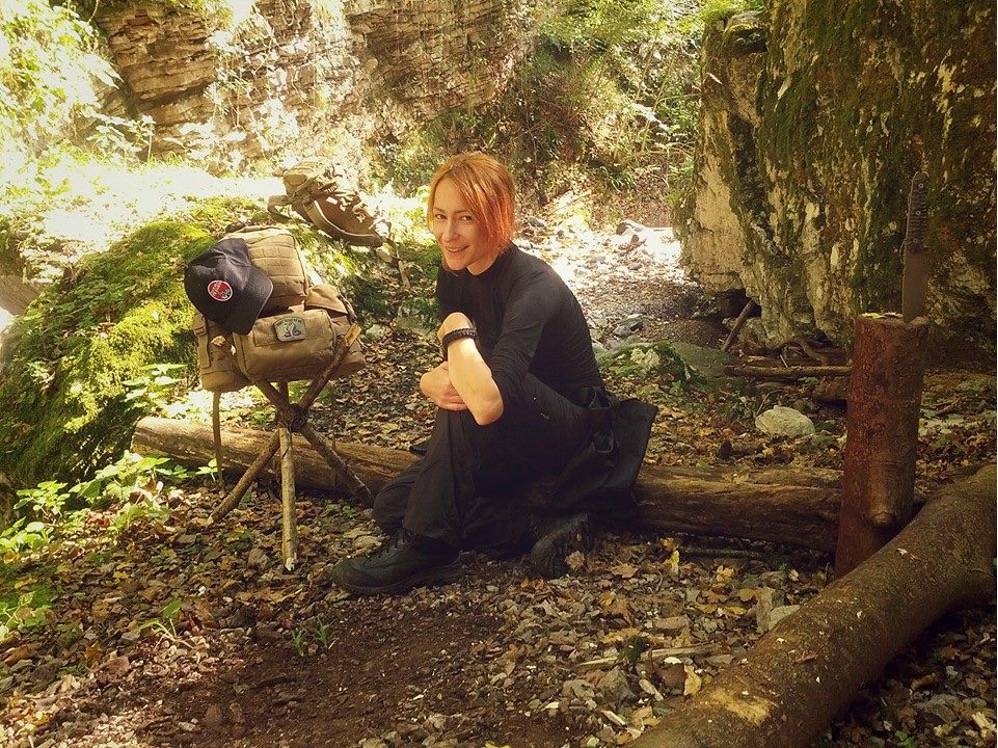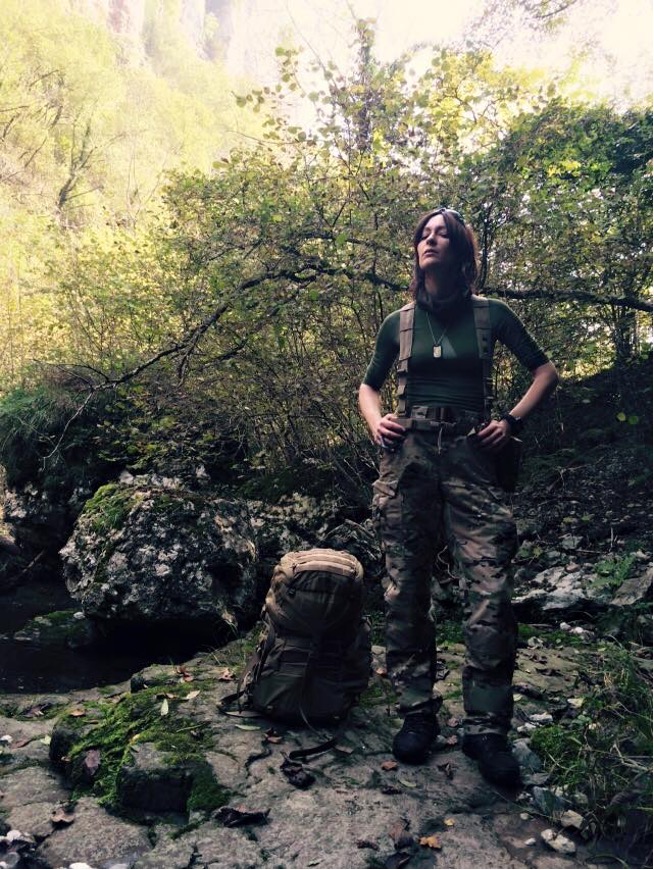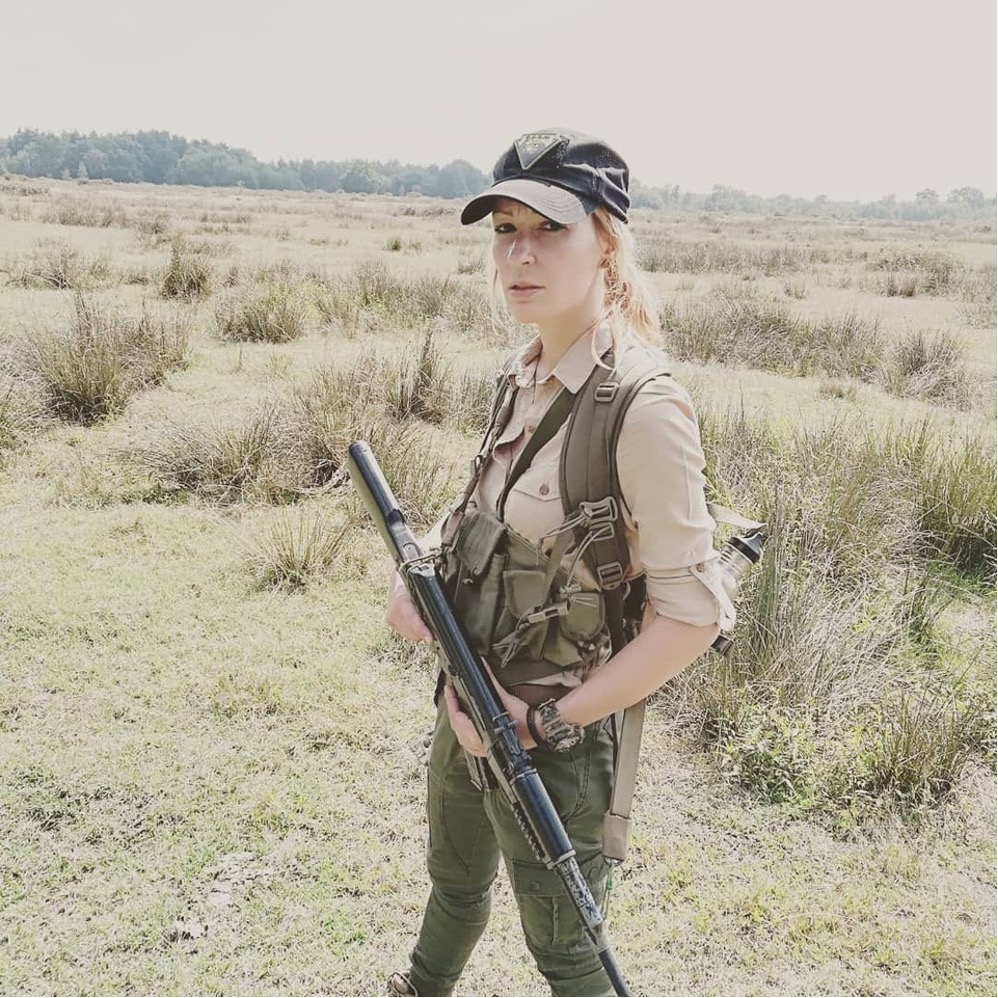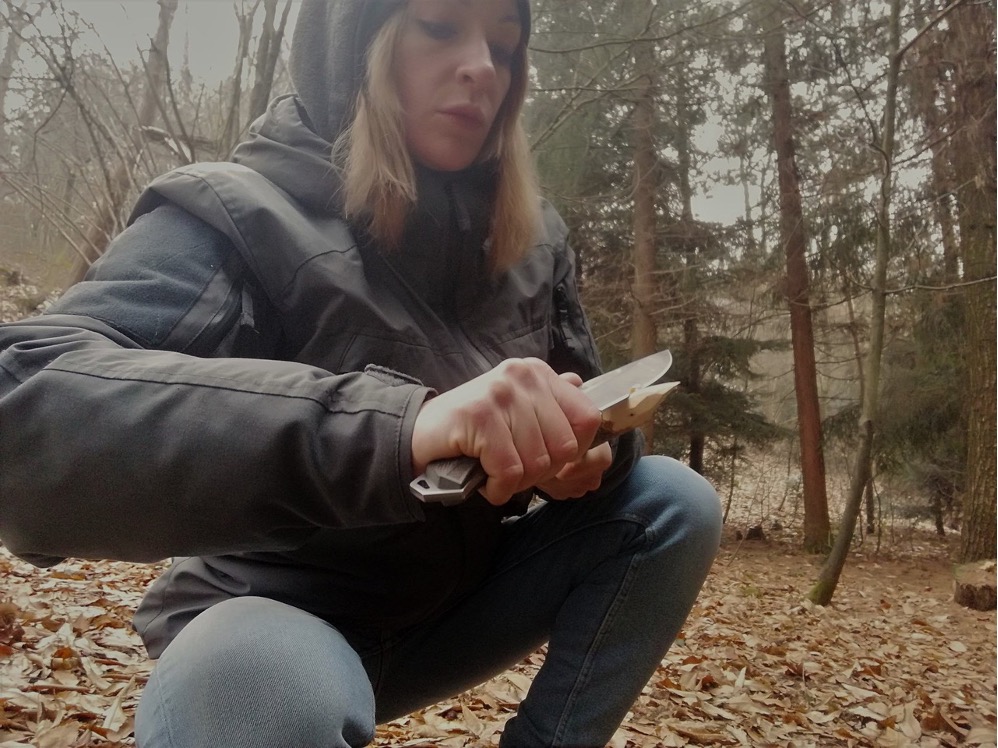
Getting outside is remarkably rewarding, especially for those who may hunker down inside four walls for most of the week doing a job they may absolutely hate. Don’t get me wrong; having a job should be considered fortunate today. But, hey, who didn’t once look out the window, contemplating the trees or the clouds, dreaming of being in the backwoods instead of stuck at a desk?
This is especially true considering the forced quarantine caused by COVID-19. Personally, I dreamed of being outside some 40,000 times a day. And when it did happen—even if strictly wearing a mask—I looked at the outdoors as if I were visiting it for the very first time.
Adrenaline and enthusiasm are pretty common feelings when it comes to being in the great outdoors, especially after a long period of seclusion. Feeling the fresh air again certainly brings a special thrill. You immediately feel full of energy, getting the impression that you can do anything, anywhere.
But you simply can’t. Mishaps and hazards can be right around the corner, especially for those who are truly absolute beginners in the outdoors.
Looking at intriguing pictures on Pintrest depicting isolated places to camp and get an unforgettable experience off-grid have led some people to the decision to live the dream. Watching thousands of videos on YouTube might light a passion to do (or at least try to do) the same. Things like starting a fire with basic tools, improvising a natural shelter, or throwing together something to eat with a knowledge of edible plants or hunting.
But it simply cannot happen that way.
You cannot watch experienced people applying skills they have practiced for years, even decades, and then just try to replicate them when you get the chance.
More than that, you cannot replicate the confidence that you can survive in any emergency situation.
LIVE – BEYOND
I am sure every reader is familiar with the concept of survival, although in recent times, thanks to the massive flourishing of TV programs and the Internet’s true stories (or clickbaiting titles), it has attracted new attention.
The word “survival” comes from the Latin sur- (beyond) and vivere (to live) and is defined by the Cambridge Dictionary as “the state of continuing to live or to exist, especially after a dangerous event.”
In a few words, survival can be explained as continued existence despite hardship or after others die; living beyond. As in Charles Darwin’s concept of the survival of the fittest, only the best equipped will live, reproduce, and survive.
To live-beyond entails a long list of actions:
- to think
- to make decisions
- to select
- to improvise
- to adapt
- to overcome difficulties
- to suffer
- to leave something (or someone) behind
- to make mistakes
- to learn
WHY SURVIVING
The field of psychology known as positive psychology was developed by several renowned professors of humanistic psychology, including Martin Seligman, Abraham Maslow, Carl Rogers, Mihaly Csikszentmihaly, and Eric Erickson. They “advocated positive thinking as a path to wholeness by encouraging individuals to focus on their personal strengths and virtues, and offering encouragement for others to do the same.” This seemingly unlikely field of study has an important bearing on survival because “it is about experiencing and portraying a positive attitude.”

Those who survive had the choice between reacting and letting themselves die in yielding to adversities. The human spirit is much braver than we think, and the primal instinct that everyone of us has is strictly in service of self preservation. It is there to help us survive.
As we will see in a later example, even ordinary people can overcome a dramatic situation because their instinct prevails, no matter the specifics of the context they found themselves in or the knowledge they had.
The same can also happen with a number of people facing an unexpected scenario together. As clinical neuropsychologist Dr. Paul Pearsall explains in his book The Beethoven Factor, “Thrivers share their experiences not from the perspective of ‘Look what I did’ but from the orientation of ‘Don’t worry. Look at what you can do.’”
Much of survival is about the attitude we bring to the situation.
THE BASICS OF SURVIVAL
That said, absolute beginners will need some knowledge. Those who have the will to learn more can find a large amount of excellent manuals and books on the market on how the human mind deals with catastrophe and/or sudden change of fortune as well as what happens to our bodies in those scenarios.
Let’s sum up the general factors of survival that anyone, anywhere, should keep in mind. The most common example is given by the “logic of the pyramid” in the Survival Pyramid.
At the base you have the will to live, immediately followed by knowledge, while at the top you find the gear (or kit).
When referring specifically to survival in the wilderness, additional factors are provided by the presence (or absence) of the following main elements: water, fire, and shelter; and secondarily, medicine and navigation.
A lot of tensions, in fact, can arise from a stressful situation: fear and anxiety, illness and injuries, cold or heat, thirst and hunger, fatigue and sleep deprivation, and even isolation, boredom, and lack of self-esteem.
All of the above factors can depend on the geography, weather conditions, individual conditions, presence of resources, and a variety of other things. They all need to be considered and, first of all, accepted.
ACCEPTANCE OF THE SITUATION
It seems obvious to say that we can’t change situations as we wish, but this specific concept has a determining value in survival.
You cannot have control of everything, and you cannot refuse to accept a sudden change of situation. So acceptance is a mandatory step in any SHTF scenario.
MURPHY’S LAW OR SNAFU
Anything that can go wrong will go wrong or Situation Normal: All F* Up
Any easy situation can suddenly turn into the worst nightmare.
Take, for example, a relaxing walk in the backwoods. The possibility of a change of weather conditions or becoming stranded without GPS and no chance to call search and rescue is not so remote. Every day there are news report of people who have been stranded somewhere and forced to face a situation they could never have imagined.
You could have the best (and the most expensive) gear on you in terms of clothing, boots, backpacks, tools, navigation systems, and so on, but having the right mentality and being prepared for the worst are, as a matter of fact, your most dependable allies.
Refusing to accept the possibility that anything bad can happen because of all the elements around you and inside your brain tell you the opposite is not just stupid; it is also dangerous.
Underestimating the risks of a place, even if you are familiar with it, is something to strictly avoid. Knowledge can help you, but situational awareness can really make the difference when it comes to facing an abrupt change of the basic conditions. Without that awareness, your comfort zone can be hopelessly small, your plans compromised, and your confidence assaulted.

THE WEIGHT OF GEAR VS THE WEIGHT OF KNOWLEDGE
The knowledge you have acquired can be aided remarkably by cutting edge gear, but knowledge does not necessarily stand alone if not paired with practice. So, in order to make a good use of the gear you have, you must be aware of the details, possible flaws, and even boundaries of your excursions. Knowing the features and the possible issues you may encounter in your adventure will guide you to the right decisions to survive.
Acquiring survival skills is one of the most important things you can do. Learning to start a fire, clean water, and build a natural shelter requires not only some fundamental knowledge but also hours of devotion to practice.
Even some Scouts training can come in handy when it comes to survival, as shown in the following story.
AN ORDINARY SURVIVAL STORY
August 9, 2018
Matthew Matheny, 40, borrows a friend’s car and heads for the famous volcano Mount St. Helens in Washington state.
It should be a simple excursion because Matthew, although he has been a Boy Scout for years, wears a T-shirt, shorts, and flip flops. In short, a simple walk, a brief escape from everyday life amid idyllic scenery.
Matthew tells a friend that his destination is the Blue Lake Trail, but Matthew will be found six days later somewhere else.
Something had certainly gone wrong. But what?
This is an ordinary survival story.
First, the area:
Matthew, as he will later report to the media, doesn’t know much about it. He has no map, no compass, and no GPS with him. The Blue Lake Trail looks like a trail suitable for everyone. The scenery is certainly breathtaking: towering Douglas Firs surround a lake of almost unnatural tranquility.
Matthew faithfully follows the signs that indicate the path. Then something goes wrong. He can no longer find precise signs, and the path becomes narrower and narrower, until it is almost nonexistent.
But the ex-boy scout has confidence and continues, certain that, sooner or later, he will cross a path much more well-worn than what he is going through, which is now only bare rock—the remains of the volcanic eruption of 1980.
Almost blindly without any geographical knowledge, Matthew struggles to pay attention to both the terrain and any reference points.
At a steep point he loses his balance, falls, and the flip flops break completely. It is now late, Matthew is traveling barefoot, his phone is dead, and he is definitely in a bad situation.
Contacted by parents and friends, the local search and rescue group starts to look for him, wasting no time and pulling together all their resources: 30 rescuers, search dogs, a drone, and helicopters.
They search non-stop for six days. Meanwhile, Matthew continues to walk, exhausted and dehydrated.
The hope of salvation hangs by a thread, and hunger first devours his brain and then his stomach.
Thanks to his knowledge from Boy Scouts, he will later say he is able to recognize edible berries.
And then there are the bees. Imagine being stung thirty, forty, fifty times. Matthew lets them get close to him, even sting him, and then with a sudden gesture, he kills and eats them.
Rescuers find him on the seventh day, dehydrated but “not in so bad shape” (I quote verbatim). He tells everyone that the skills he had learned saved him.

CONCLUSION
If everything happens for a reason, you do not want unpreparedness to be that reason. Equally, being disrespectful towards the wilderness can cause inappropriate and incompetent decisions.
There are a lot of good ways to learn how to approach any kind of activity in the great outdoors: manuals, videos, the experience of others. But beyond that, we all must learn from our mistakes and spend time in the field practicing our skills.
Nature will embrace and accept only those who accept her as an entity to learn from.
Kyt Lyn Walken
- Certified Wildlife Conservation Ranger at Conservation Ranger Operations Worldwide
- Official Representative & Instructor at Hull’s Tracking School
- Directora de Rastreo Humano por Dynamic Tracking (Spain)
- The way of Tracking – European Mantracking School
This article was edited by Grace McCuthchen
